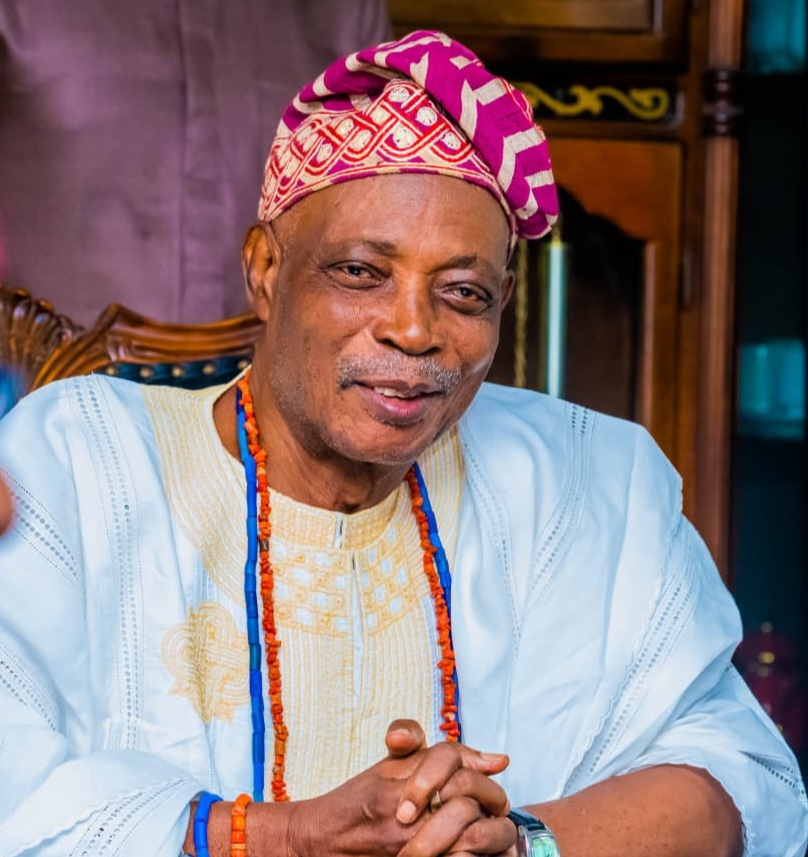
The Sejeokun Ruling House of Ijare has strongly rejected recent claims by the Deji of Akure, Oba Aladetoyinbo Aladelusi, asserting paramountcy over Akure-speaking communities, includin Ijare. In a bold and historically grounded response, Prince Oluwatosin Adekunle Alade, speaking on behalf of the Sejeokun Ruling House, described the Deji’s assertion as “historically inaccurate, legally untenable, and culturally offensive.”
The royal family emphasized that Ijare is a sovereign Yoruba kingdom, with direct ancestral migration from the Ilare Quarters of Ile-Ife, the cradle of Yoruba civilization—not from Akure. The response stressed that Ijare has never been a sub-community of Akure, either in ancient tradition or colonial administrative history.
According to the statement, the Morgan Chieftaincy Commission of 1979, which produced comprehensive reports on chieftaincy matters across old Ondo Province, unequivocally affirmed the autonomy of Ijare, explicitly stating that the town was not under the Deji of Akure’s jurisdiction. The royal house described the Deji’s recent claims as contradictory to both this legal precedent and documented historical facts.
“The claim that Ijare was founded by a son of the Deji not only contradicts established historical narratives but undermines the legitimacy and integrity of Ijare’s traditional institutions,” the statement read.
The ruling house warned that any attempts by individuals within or outside Ijare to collaborate with the Deji of Akure on issues of obaship or traditional authority would be seen as a betrayal of Ijare’s collective will and heritage. They emphasized that the Deji lacks constitutional and traditional jurisdiction over Ijare, and as such, any interference in the town’s affairs would be firmly resisted.
“Such declarations risk sowing discord among neighbouring communities that have historically coexisted in peace and mutual respect. While unity is important, it must not be built on distortion of history and erasure of identity,” the statement added.
The Sejeokun Ruling House reaffirmed Ijare’s commitment to peace, cultural preservation, and lawful self-determination, but made it clear that any further encroachment on its sovereignty would provoke a strong and united response.
“Ijare remains proud, autonomous, and historically anchored. That status is not negotiable,” Prince Alade concluded.
This development signals rising tension over traditional boundaries and identities among Yoruba-speaking towns in Ondo State. It also underscores the importance of respecting historical records, legal precedents, and the sovereignty of ancient communities in today’s political and cultural discourse.




